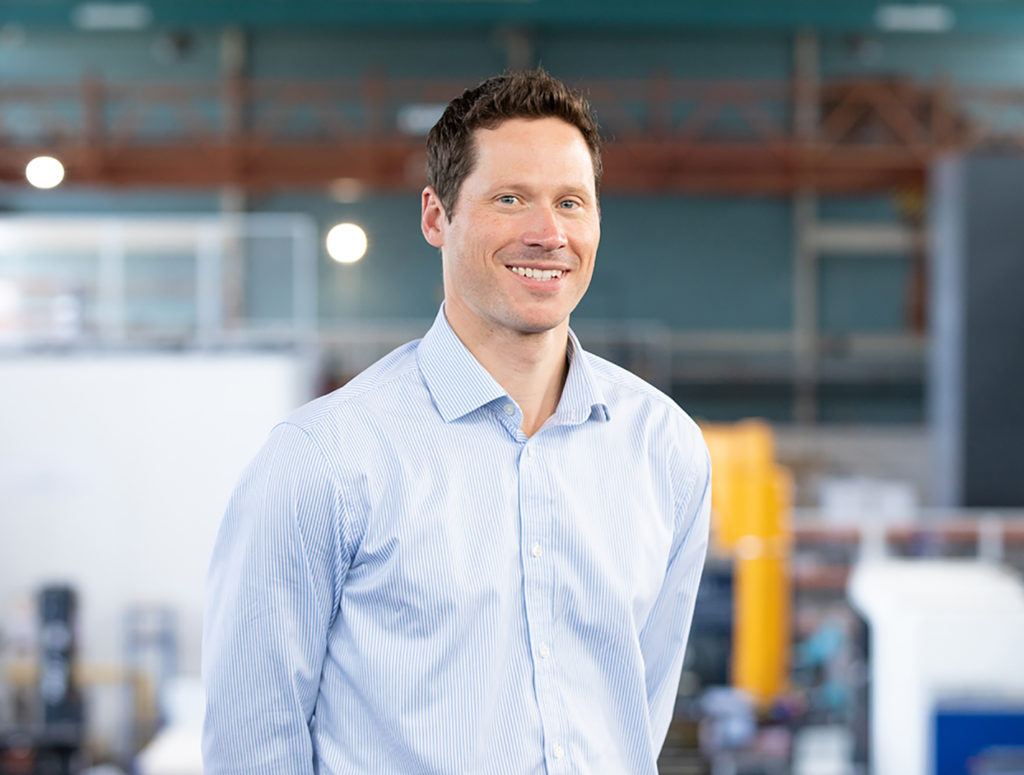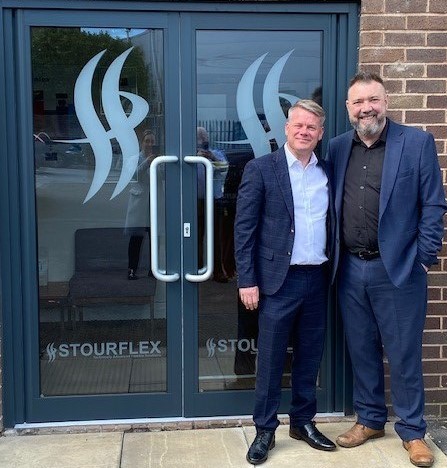Reaction Engines takes off with zero-carbon breakthrough

For the 2022 Thames Valley Tech Awards double winner Reaction Engines, space-age innovation has earthbound applications.
Reaction Engines, the company judged to have the Thames Valley’s most sustainable and most innovative technology for its transformative breakthroughs, readily acknowledges the benefits of winning these endorsements.
Tom Burvill, Director for Applied Technologies, said: “Winning awards helps with our recruitment by attracting talent, while demonstrating to customers and investors that our technology is benchmarked against other companies in the region.”

Driving past Culham Science Park in Oxfordshire, you might not notice that behind the gates, two key technologies are being developed that could radically shape our lives in the future. Reaction Engines, which is developing pioneering thermal management technology capable of transforming the aerospace industry and accelerating zero-carbon aviation, shares the wider Culham site with the UK’s nuclear fusion energy research programme.
Reaction Engines was formed in 1989 by the ‘three rocketeers’ – Alan Bond, Richard Varvill and John Scott-Scott, engineers keen to develop propulsion for space access. The company has grown to over 230 staff and has a second site near Denver, Colorado. A mix of investment and self-funding plus the commercialisation of its innovations are driving growth for the company. “We aim to keep growing, to address our customer demand,” said Burvill.
“In the last five years, we’ve been commercialising our space technology to grow revenue and our customer base.”
Reaction Engines continues to pioneer its high-speed air-breathing propulsion systems, a radically more efficient alternative to traditional vertical take-off rockets with parallel applications in high-speed flight within the atmosphere.
While the technology to reach space is still in development, Reaction Engines is concurrently focusing on high-efficiency heat exchangers for reducing carbon emissions across a range of industries including aerospace, automotive and energy.
The initial target is smaller aircraft – ‘Project Fresson’ – the conversion of a Britten-Norman Islander nine-seat aircraft from conventional fossil fuel to gaseous hydrogen propulsion. This development is set to deliver the world’s first fully certified, truly green, passenger-carrying aircraft using hydrogen fuel cell technology. Led by Cranfield Aerospace Solutions, project Fresson will deliver emissions-free commercial air travel and is planning for test flights starting later in 2023 and to be certified for passenger flight in 2026. As specific designs for zero carbon emission planes come off the drawing board, the technology will be scaled up for larger aircraft.
Another imminent transformation is zero-carbon fuel cells in vehicles as a lighter alternative to battery power, but this needs to be enabled by the refuelling infrastructure. “The compactness of hydrogen fuel cell systems is important. Hydrogen-fuelled motor racing could be here as soon as 2025,” Burvill predicted.
The company also supports electric vehicle developments for cars and planes. “We are working on battery pack thermal management for uniform battery temperatures, higher performance, longer life and faster charging,” he added.
Other partners include BAE Systems, Boeing and Rolls-Royce. Out in space, Reaction Engines sees market potential in practical applications that could be unlocked by reusable reliable launch systems, including debris removal, Space solar power and even asteroid mining. Sustainability has never been more exciting.
For more information visit reactionengines.co.uk or email [email protected]
@reactionengines














